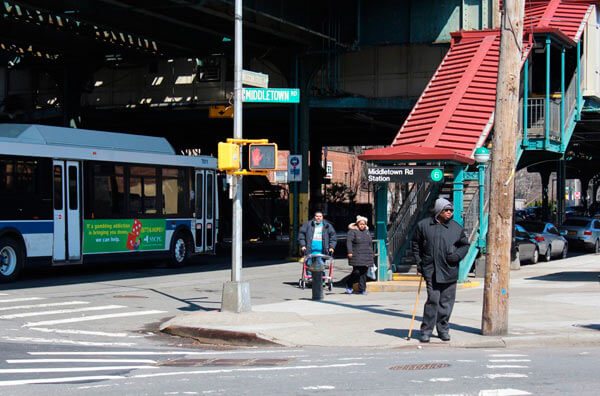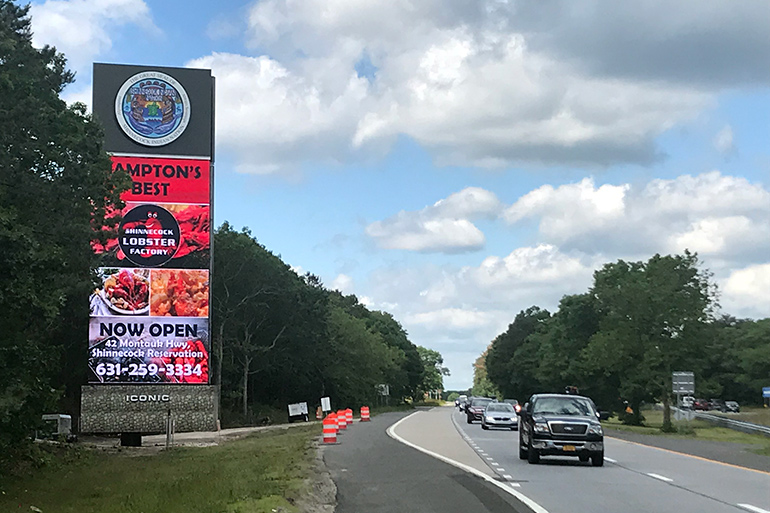The government of Jamaica is determined to finally secure a long sought-after campaign to expunge the criminal record of its first national hero, Marcus Mosiah Garvey.
Minister of Youth, Sports and Culture Olivia Grange told members of the house of representatives that the 1923 mail fraud conviction in the USA tarnished Garvey’s reputation and hampers his global achievement. She said it did not diminish the impact of his message on Black people worldwide however, it was imperative that a pardon is granted. This was her statement to the Jamaican legislators:
“In 2004, the Jamaica National Heritage Trust under the impetus of Prof. Verene Shepherd, who at that time was a member of the board, initiated a project of obtaining the transcripts from the trial of The Rt. Excellent Marcus Mosiah Garvey. This was the trial that led to his conviction for mail fraud in the USA in 1923.
The exercise had as its primary objective, the facilitation of dialogue geared towards expunging the criminal record of The National Hero. Through the assistance of Prof. Veronica Gregg of Hunter College in New York, Prof. Shepherd was able to locate the transcripts at the National Archives and Records Administration (NARA) in New York.
The JNHT, with the assistance of then trustee Nadine Molloy, photocopied all 2000 pages of the transcript and brought them home to Jamaica in 2005, making them available for the first time ever to Jamaicans here. The transcripts were copied and the first set sent to the Attorney General’s Chambers as part of the review process. Professor Shepherd who also chaired the bi-centenary committee in 2007 recommended the establishment of a legal sub-committee of the National Committee to spearhead the discussion relating to the expunging of the records. Unfortunately this has not yet been realised.
It is a fact of our history that many of our leaders have gone through great personal and political persecution in their quest for justice. None more so than our first National Hero The Rt. Excellent Marcus Mosiah Garvey.
Born in 1887 at a time when being Black meant you had no voice, limited possibilities of social mobility, limited access to education and little political power, Garvey became a leader. He fought for the principles of self reliance, black pride and unity among his people. For his advocacy, he was convicted in Jamaica for sedition and imprisoned at the St. Catherine Adult Correctional Centre for three months.
He went to the United States to spread his message on a much larger platform, preaching economic independence and self reliance for Blacks. The United States officials also disapproved of his teachings, and imprisoned him for mail fraud, then deported him. The trial tarnished Garvey’s reputation, slowed his global movement but did little to diminish the impact of his message which struck a chord in the hearts and minds of black people worldwide. For his contributions to the upliftment of his race, Garvey was named a National Hero.
But in the court records he is still a criminal. In 1983, then Jamaican Prime Minister Edward Seaga asked President Ronald Reagan to grant a full pardon to Marcus Garvey on the 1923 charge of mail fraud. In 1987, U.S. Congressman Charles Rangel introduced House Resolution No. 84 to the House Subcommittee on Criminal Justice in the United States. The resolution called for the exoneration of Garvey on mail fraud charges. To date, Marcus Garvey has not been exonerated. I wholeheartedly agree with those before me to have his name cleared. I hope that we will be able to breathe new life into the discussions and movement to have The Rt. Excellent Marcus Garvey’s name cleared in the annals of history.”



















